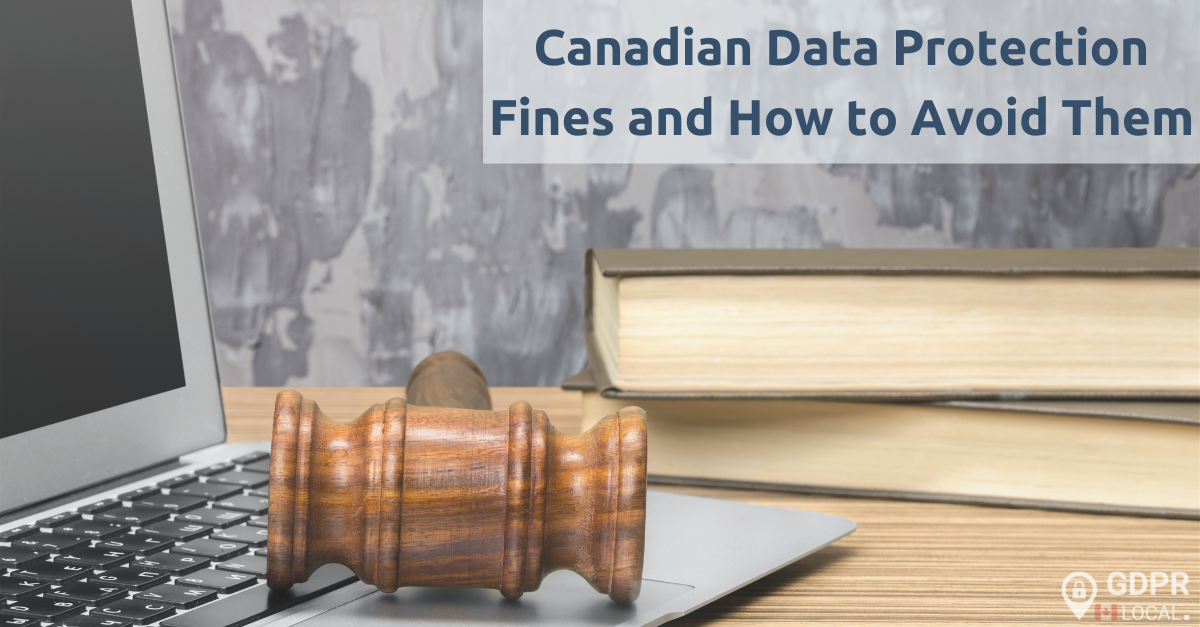
Canadian Data Protection Fines and How to Avoid Them
In our increasingly digital world, where personal information is a valuable asset, data protection has become a paramount concern. Canada, like many other countries, has established stringent regulations to safeguard individuals’ personal data and ensure their privacy rights are upheld. But what happens when these regulations are violated? In this blog post, we’ll delve into the world of data protection fines in Canada, explore a real case study, and provide strategies to avoid them.
Understanding Data Protection Regulations in Canada
Before we dive into fines and penalties, let’s first understand the regulatory landscape that governs data protection in Canada. The Personal Information Protection and Electronic Documents Act (PIPEDA) is the key legislation that outlines the rules organizations must follow when collecting, using, and disclosing personal information.
Under PIPEDA, organizations are required to obtain consent before collecting personal data, inform individuals of the purpose of data collection, and implement security measures to protect the data from unauthorized access or disclosure. Failure to adhere to these regulations can lead to serious consequences, including hefty fines.
The Desjardins Group Data Breach: A Real Case Study
In 2019, Desjardins Group, one of Canada’s largest financial institutions, experienced a significant data breach that exposed personal information of nearly 2.9 million of its members. The breach occurred due to the unauthorized sharing of sensitive data by an employee with authorized access. The data breach happened because “they did not demonstrate the appropriate level of attention required to protect the sensitive personal information entrusted to its care” stated by Daniel Therrien, Privacy Commissioner of Canada.
As it was stated, this data breach happened because the company had gaps in and weaknesses in their security.
This case highlighted the importance of robust data protection measures and the potential consequences of inadequate security protocols.
Regulatory Response and Lessons Learned
The Office of the Privacy Commissioner of Canada (OPC) investigated the Desjardins breach and found shortcomings in the organization’s data protection practices. While fines were not issued under the existing regulations at the time, the incident prompted discussions about the need for stronger penalties for data protection violations. It also led to proposed amendments to PIPEDA, aiming to increase the maximum fines for non-compliance.
Best Practices to Avoid Data Protection Fines
Avoiding data protection fines requires a proactive approach to compliance and security. Here are some best practices organizations should consider:
– Robust Data Security Measures: Implement strong security measures to protect personal data from breaches, such as encryption, access controls, and regular security audits.
– Explicit Consent: Obtain explicit and informed consent from individuals before collecting their data. Clearly communicate the purpose of data collection and how it will be used.
– Data Minimization: Collect only necessary data. Avoid gathering excessive or irrelevant information.
– Data Transfer Safeguards: Ensure proper safeguards when transferring data to third parties or across borders.
– Incident Response Plan: Develop a comprehensive incident response plan for swift action in case of a breach.
– Employee Training: Train employees on data protection policies and foster a culture of compliance.
– Regular Audits: Conduct privacy assessments to identify vulnerabilities.
The Desjardins Group case serves as a reminder of the potential consequences of data breaches and the importance of stringent data protection measures. By understanding regulations, implementing security protocols, and learning from real cases, organizations can minimize the risk of fines, protect customer trust, and demonstrate commitment to data protection and privacy.
You can rely on our team to guide you through the data protection process. We’re here to support you every step of the way. Email [email protected] or call +1 303 317 5998.